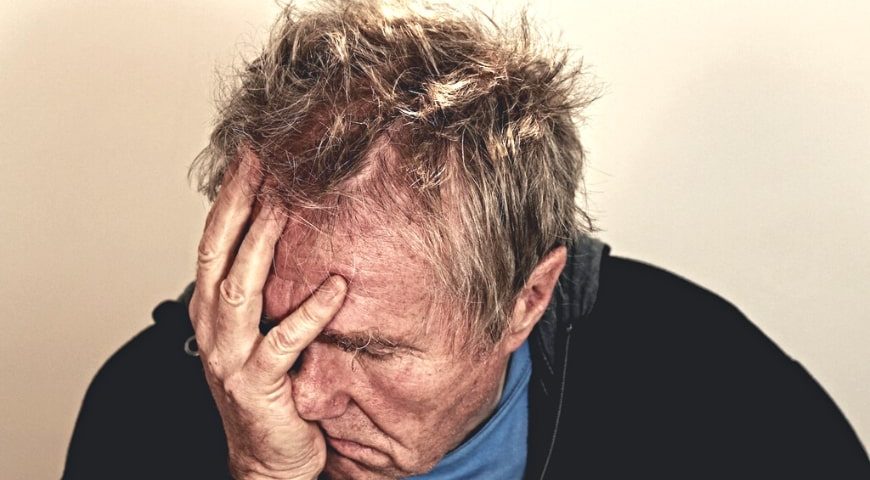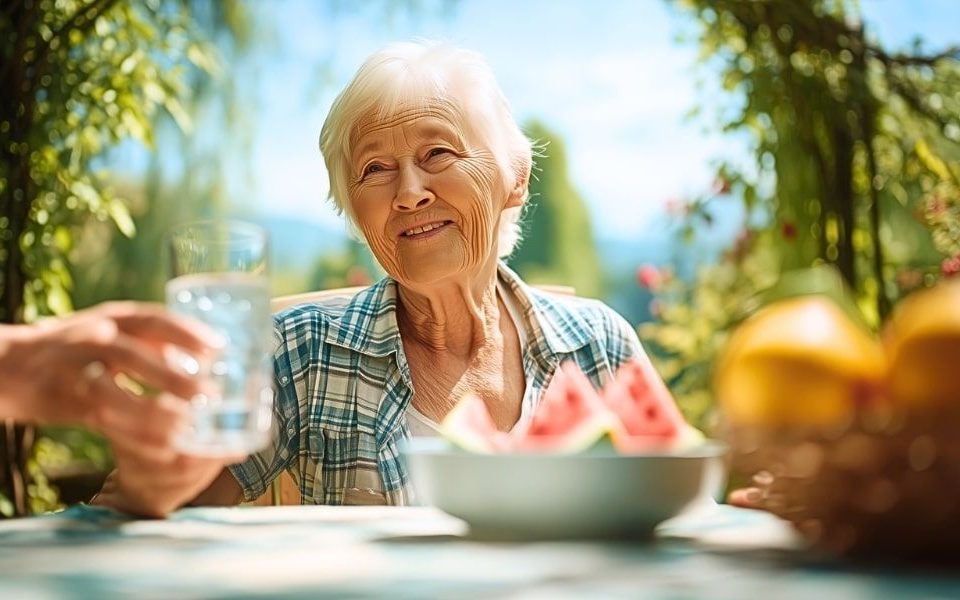
Understanding Health Insurance for Senior Living
September 7, 2023
Ensuring Safe and Accurate Medication Management in Senior Living Communities
September 21, 2023Getting older often requires adapting to a changing life. For many, that may mean living alone. While many may want to maintain their independence and live alone, it does come with risks. In fact, there are many mental risks the elderly face when they live alone.
This blog will dig deeper into these challenges, providing insights and statistics. We will also explore strategies to support our older loved ones.
10 Mental Risks the Elderly Face When Living Alone
1. Loneliness and Isolation
Studies show that a significant portion of elderly individuals living alone experience loneliness. Nearly one-fourth of adults aged 65 and older are considered socially isolated. Frequent social interactions and family visits can be powerful antidotes to these emotions.
2. Depression
Most older adults are not depressed, which is good news. For those living alone, depression rates can be as low as 1% to 5%. However, depression is a major concern. Caregivers and family should be aware of signs of depression.
3. Anxiety
Anxiety disorders affect 10-20% of seniors, making it one of this demographic’s most common mental health issues. Living alone can intensify these feelings. Creating a supportive and secure environment can help alleviate anxiety.
4. Cognitive Decline
Social isolation can accelerate cognitive decline and increase the risk of conditions like Alzheimer’s disease. Encouraging mental stimulation through activities and hobbies is essential.
5. Increased Stress
Chronic stress among seniors can lead to various health problems. It can impact heart health and the immune system. Providing assistance with daily tasks and maintaining a structured routine can reduce stress.
6. Grief and Loss
Elderly individuals often face multiple losses, including losing friends and family members. Support groups and counseling can help them navigate the complex emotions associated with grief.
7. Sleep Disorders
Around 50-70% of older adults report having sleep problems. Loneliness can contribute to insomnia and disrupted sleep patterns. Learning about sleep hygiene for older adults can help.
8. Substance Abuse
Substance misuse among seniors is an emerging concern, with prescription medications and alcohol misuse rising. Regular monitoring and open communication can help identify potential issues.
9. Neglect of Self-Care
About 80% of seniors 65 or older have at least one chronic health condition, so self-care is crucial. Assisting with healthcare management ensures they receive the necessary care.
10. Increased Risk of Suicide
The suicide rate for older people is higher than for any other age group. Men over 85 have the highest rate of suicide in the United States. Identifying warning signs and offering emotional support is critical.
Ready to make a difference?
The mental well-being of our seniors living alone is a vital concern. Are you ready to make a difference? Reach out, stay connected, and provide the support they need.
Discovering Dream Catcher
Are you looking for a care facility in Jackson, GA? Dream Catcher provides assisted living services while still offering independence. Click this link to send us your information, and get in touch to answer your questions.
Thanks for visiting!



